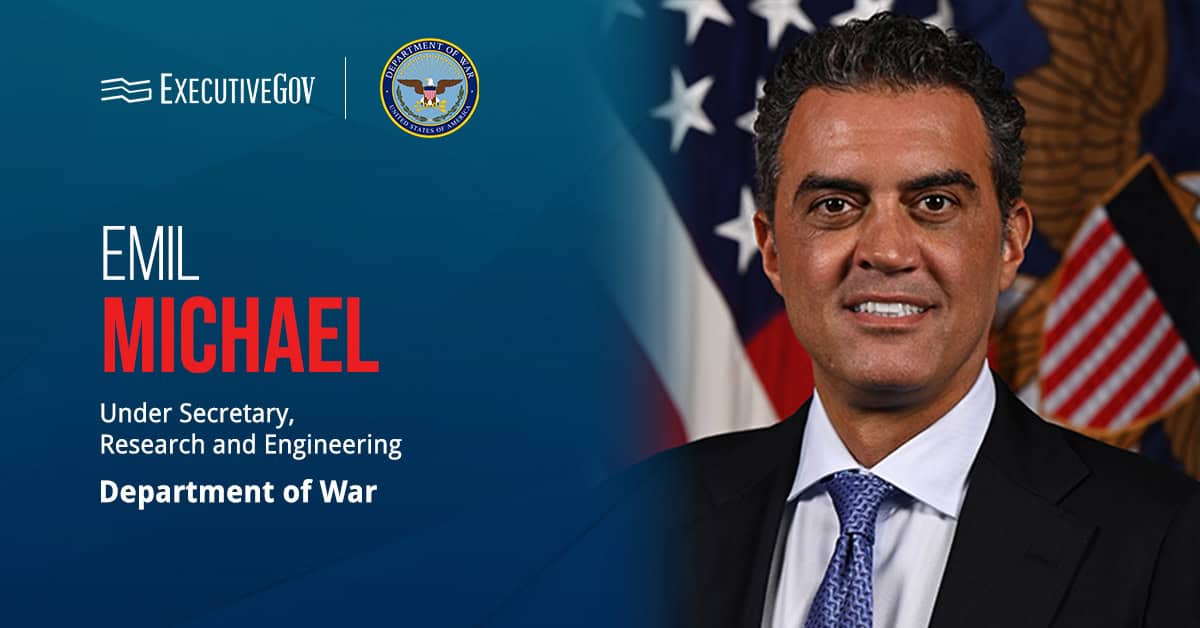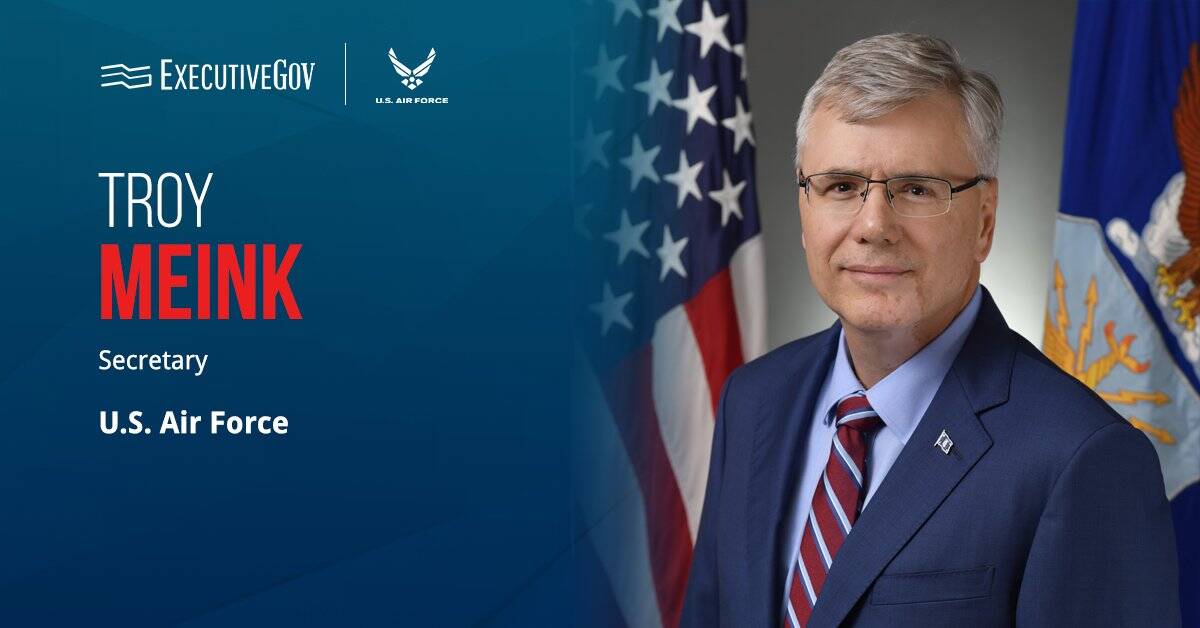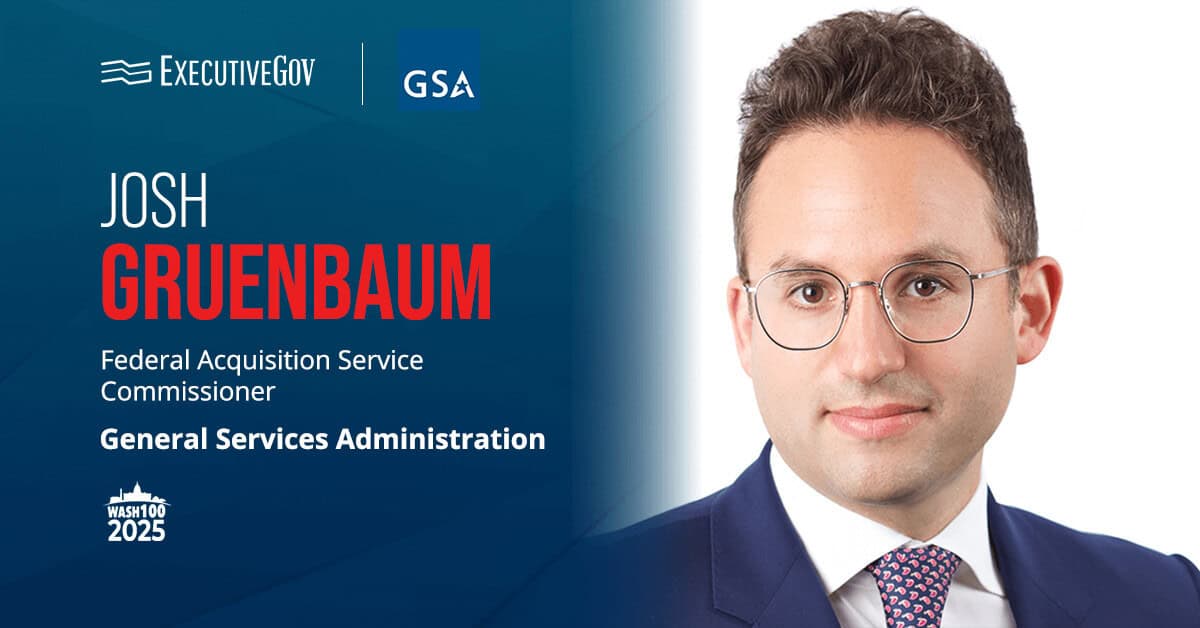The U.S. Navy's 22nd littoral combat ship has arrived at its homeport of Mayport, Fla. Slated for commissioning in August, the future USS St. Louis (LCS 19) is the service branch's 10th Freedom-class vessel and the seventh ship to bear the name, the Navy said Sunday.
The ship will work to defeat asymmetric threats and carry out mine countermeasure operations via the use of unmanned submersible, semi-submersible and surface vessels. St. Louis also features an MCM mission package meant to help the ship trace and sweep buried mines.
“We are excited to add the 9th LCS to the Mayport waterfront, and look forward to formally placing her in commission next month,” said Capt. David Miller, commodore at Littoral Combat Ship Squadron Two.





